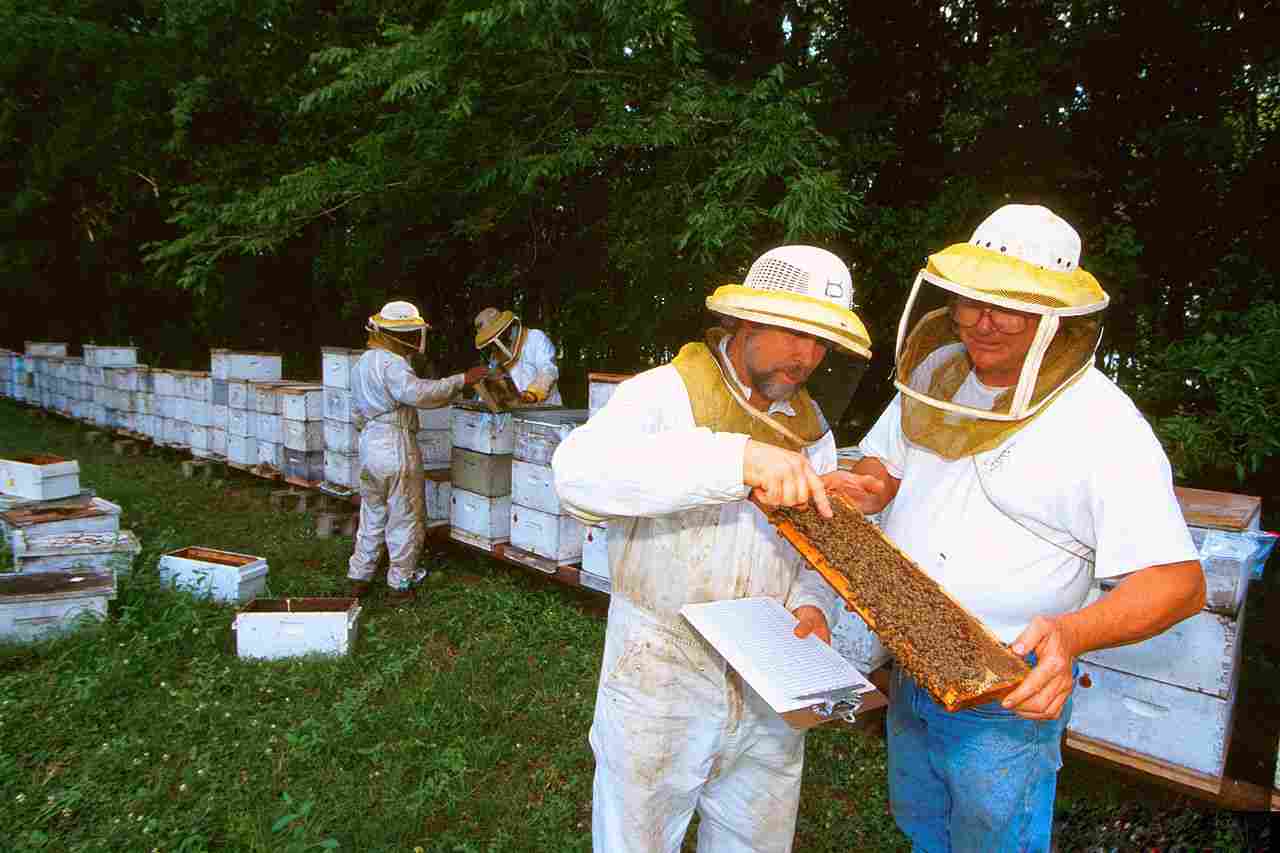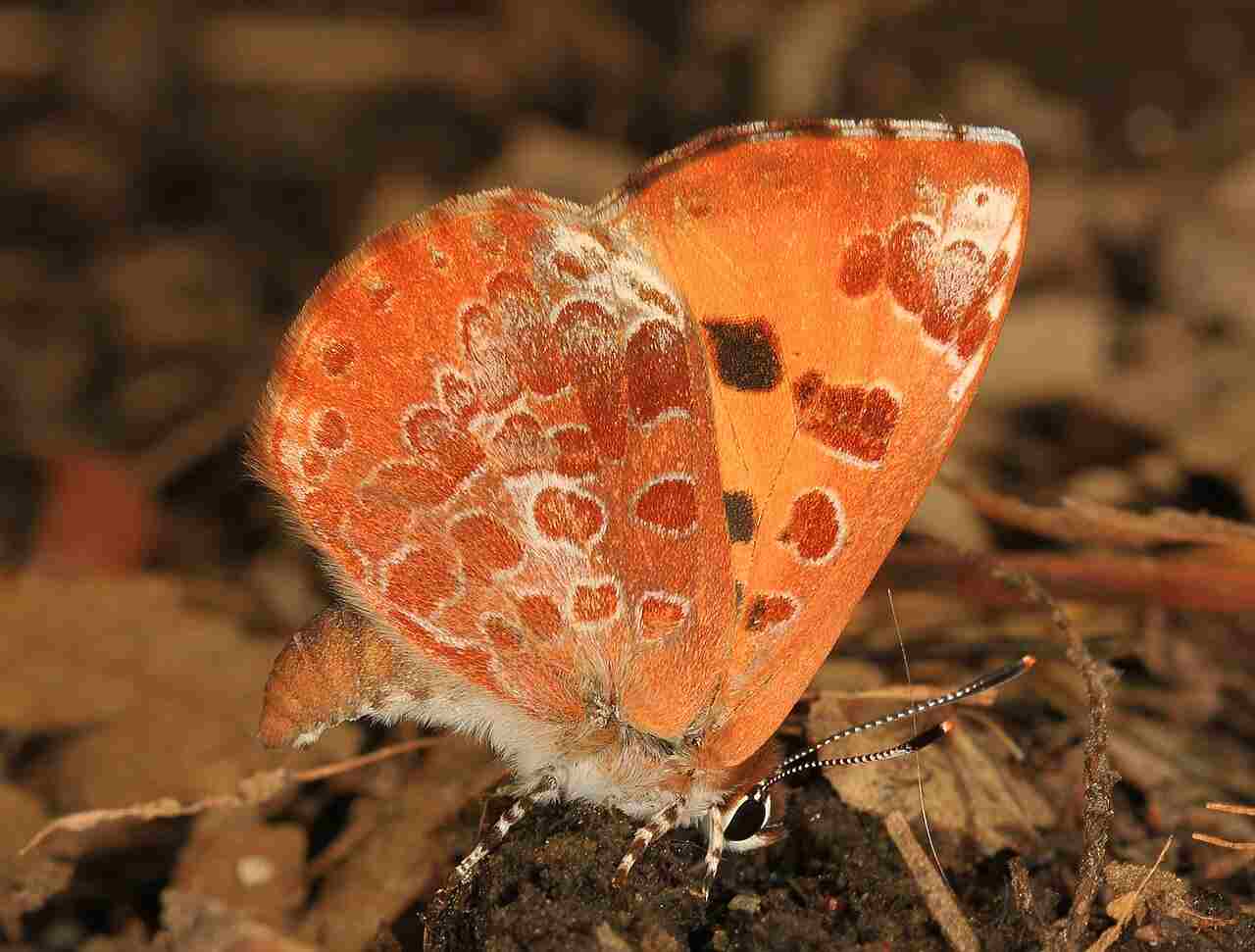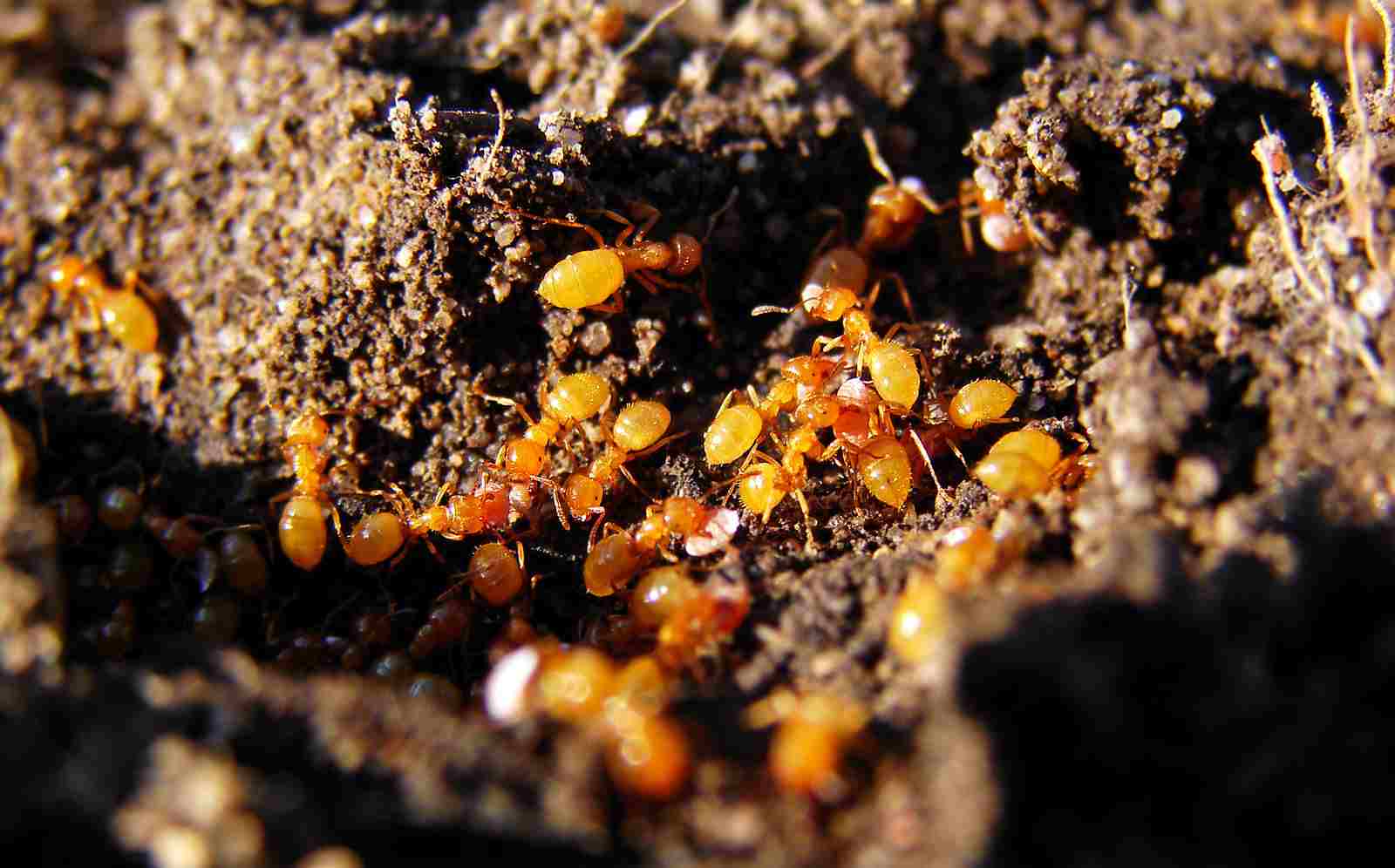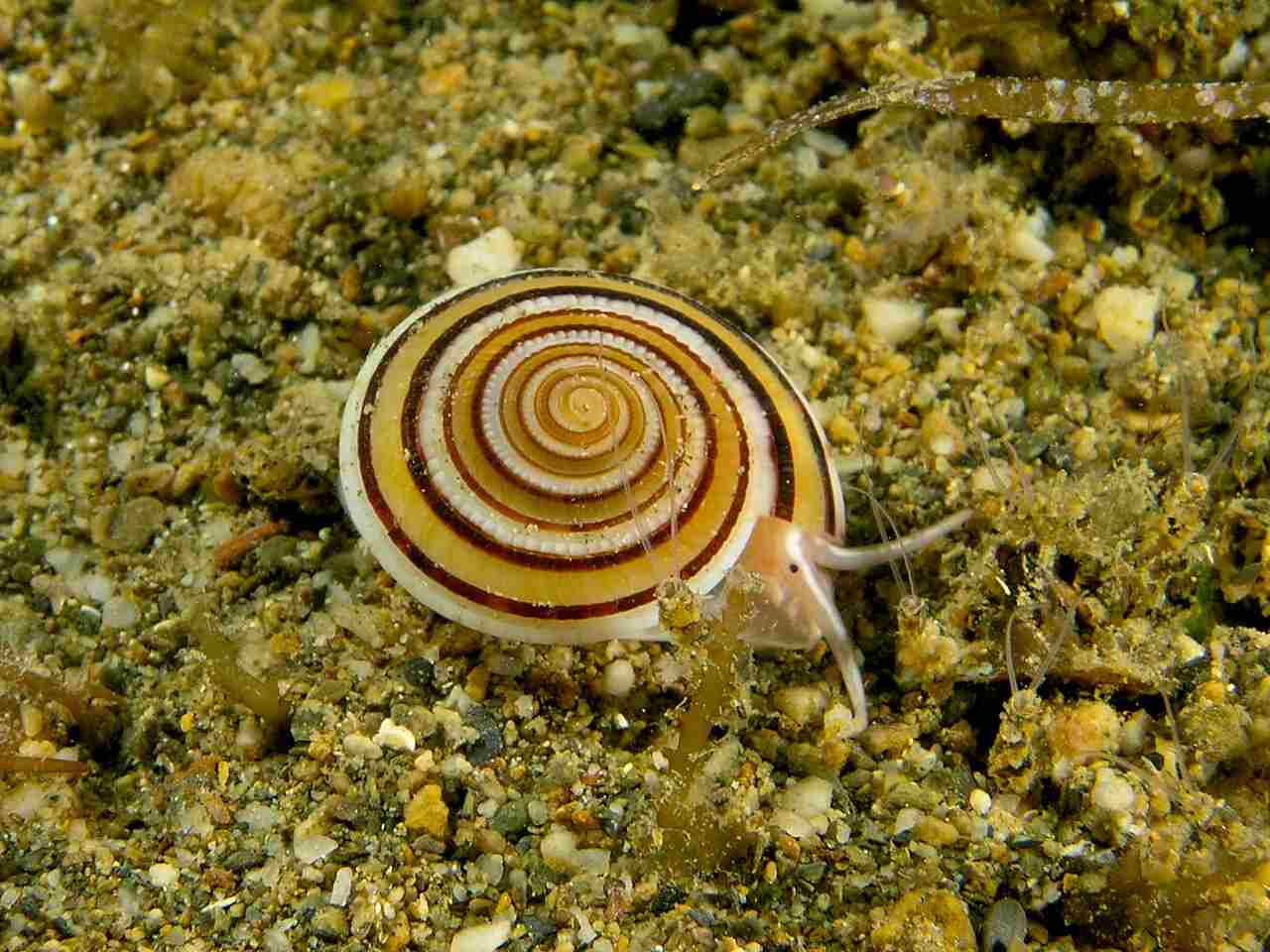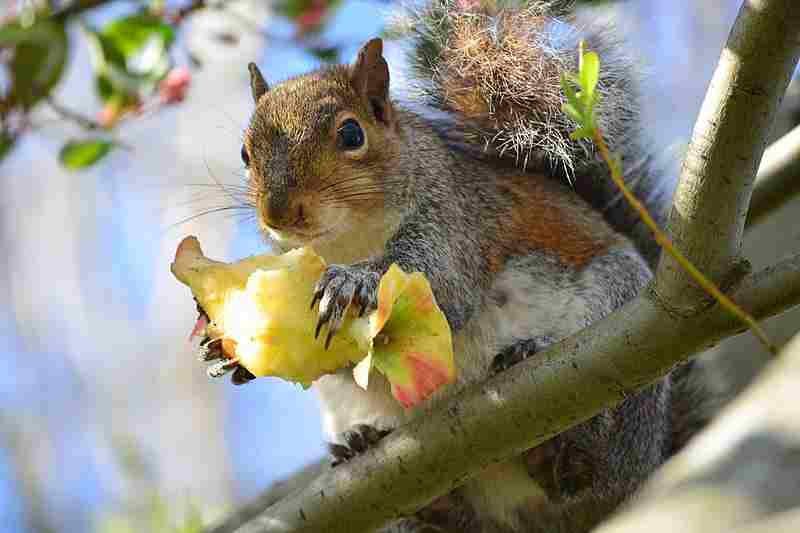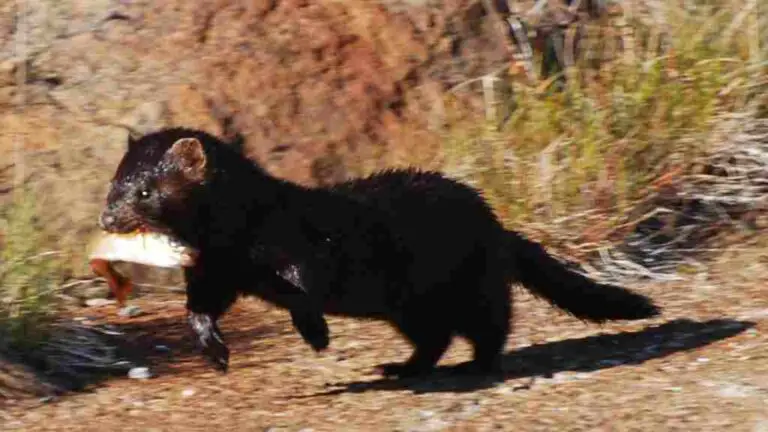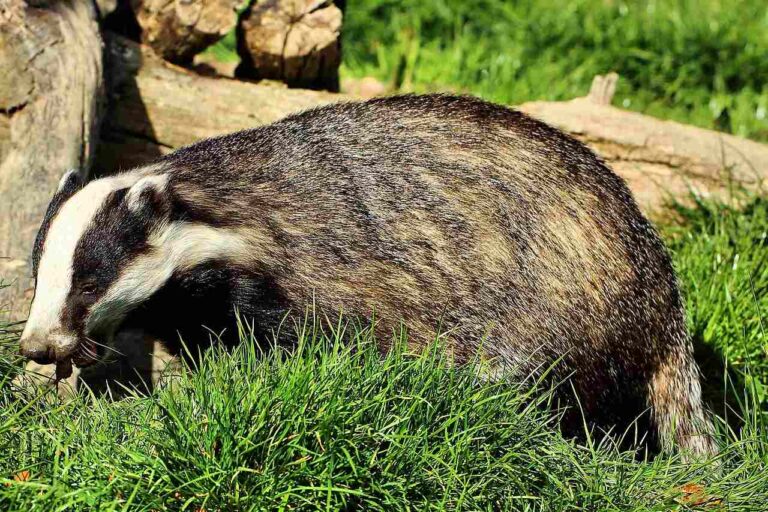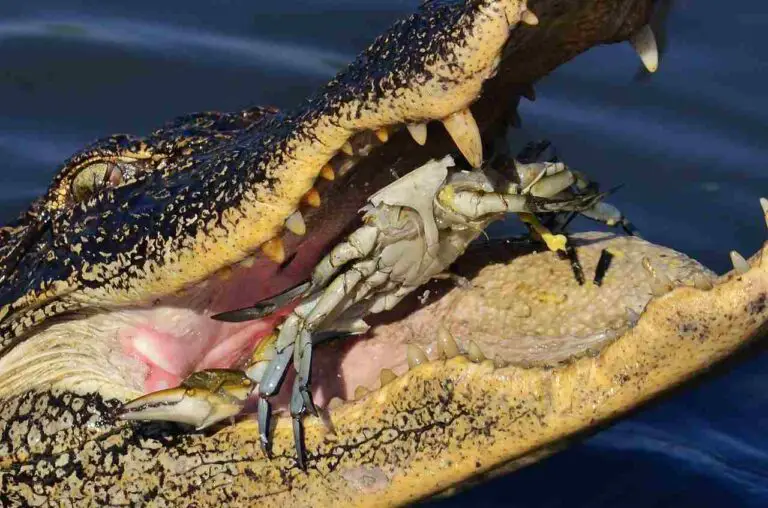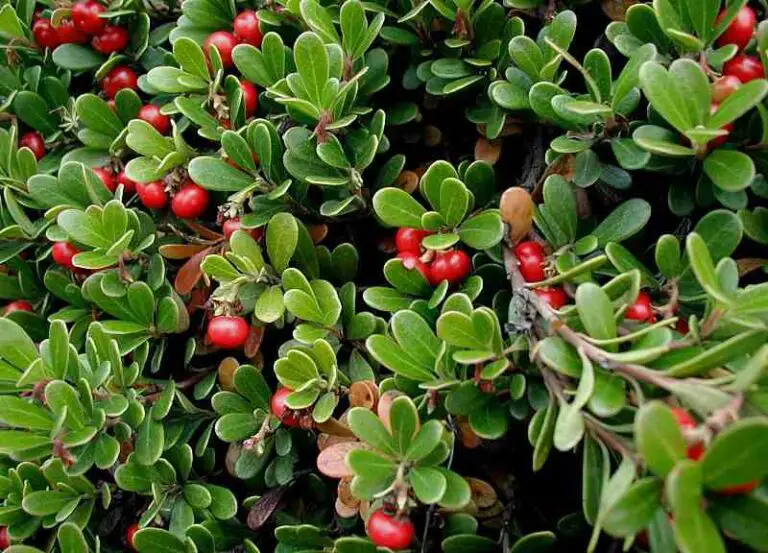Are Bees Herbivores? Bee Food Chain Position and Role
Bees are often classified as herbivores due to their primary diet consisting of nectar and pollen obtained from flowers. However, research indicates that bees are mostly omnivores because they also consume microbial biomass alongside their plant-based diet. This feeding behavior varies among bee species, with some being more herbivorous while others exhibit omnivorous tendencies.
Reasons Why Most Bees are Not Herbivores
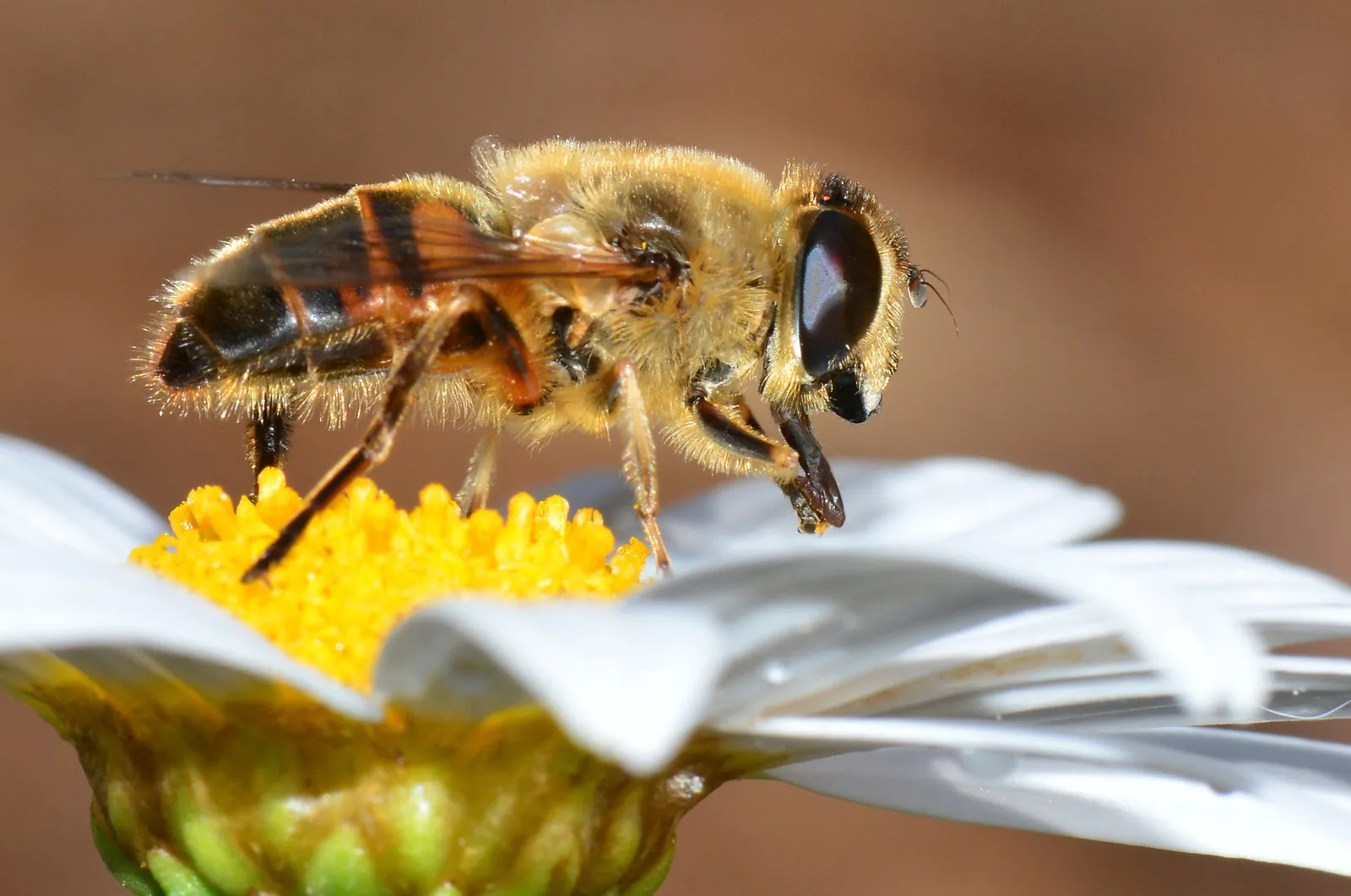
-
Microbial Biomass Consumption: Research has shown that bees consume microbial biomass in addition to nectar and pollen, indicating an omnivorous diet.
-
Varied Feeding Behavior: The feeding behavior of bees varies among species, with some exhibiting omnivorous tendencies due to their consumption of insects or other animal matter.
-
Diverse Diet: While nectar and pollen are the primary sources of nutrition for many bees, their diet is not limited to plant-based food, further supporting their classification as omnivores.
Are Bees Carnivores?
While bees primarily feed on nectar and pollen obtained from flowers, they are not classified as carnivores.
Reasons Why Most Bees are Not Carnivores
-
Dietary Preferences: Bees primarily obtain their nutrition from plant-based sources such as nectar and pollen, indicating a herbivorous or omnivorous diet rather than a carnivorous one.
-
Physiological Adaptations: The anatomy and physiology of bees are not suited for hunting or consuming animal matter, further supporting their classification as non-carnivores.
-
Behavioral Observations: Observations of bee behavior in the wild and in controlled settings do not typically involve predation or consumption of other animals, reinforcing the notion that most bees are not carnivores.
Which Bees Are Carnivores?
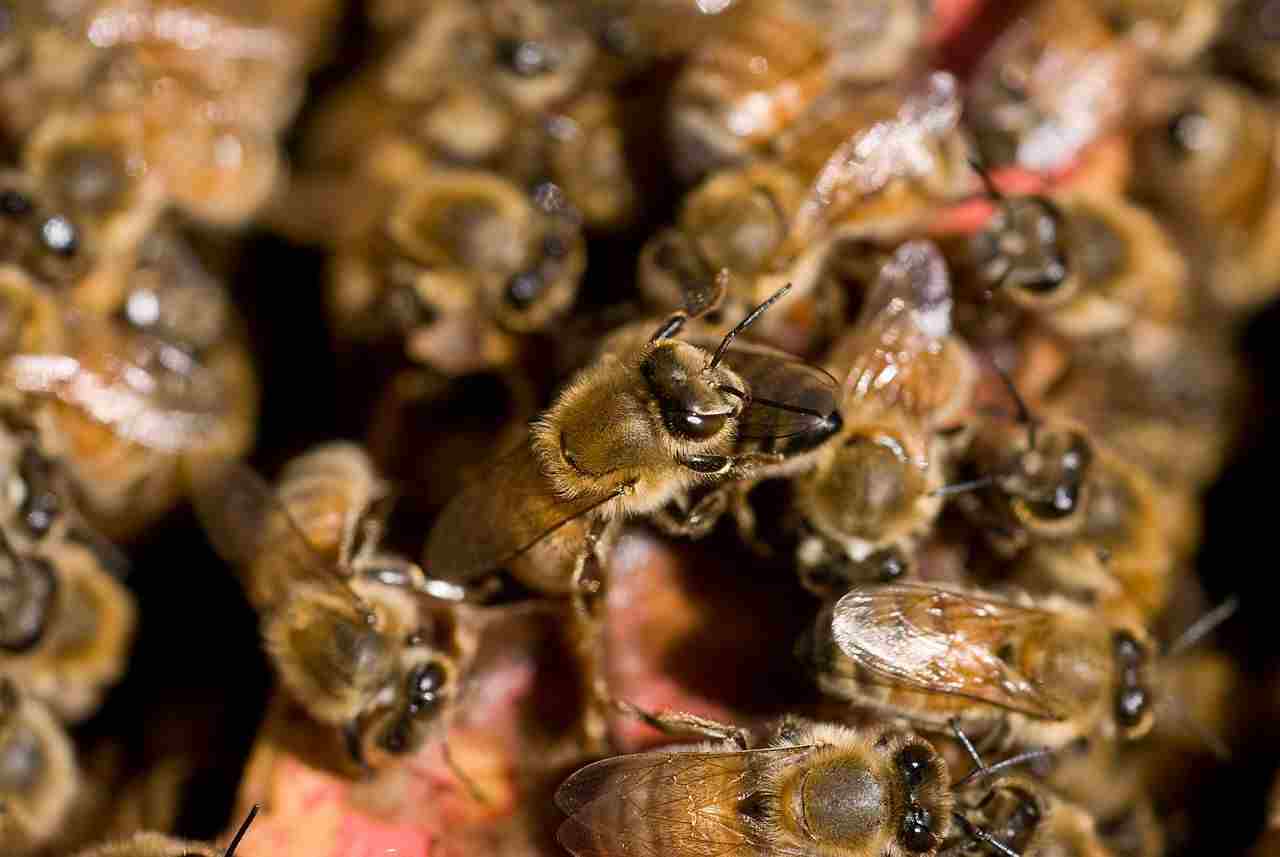
While the majority of bee species are not considered carnivores, there are certain exceptions. Some solitary bee species, such as the Carpenter Bee (Xylocopa spp.), have been observed to supplement their diet with animal matter, including other insects. However, these instances are relatively rare compared to the predominantly herbivorous or omnivorous nature of most bee species.
Are Bees Omnivores?
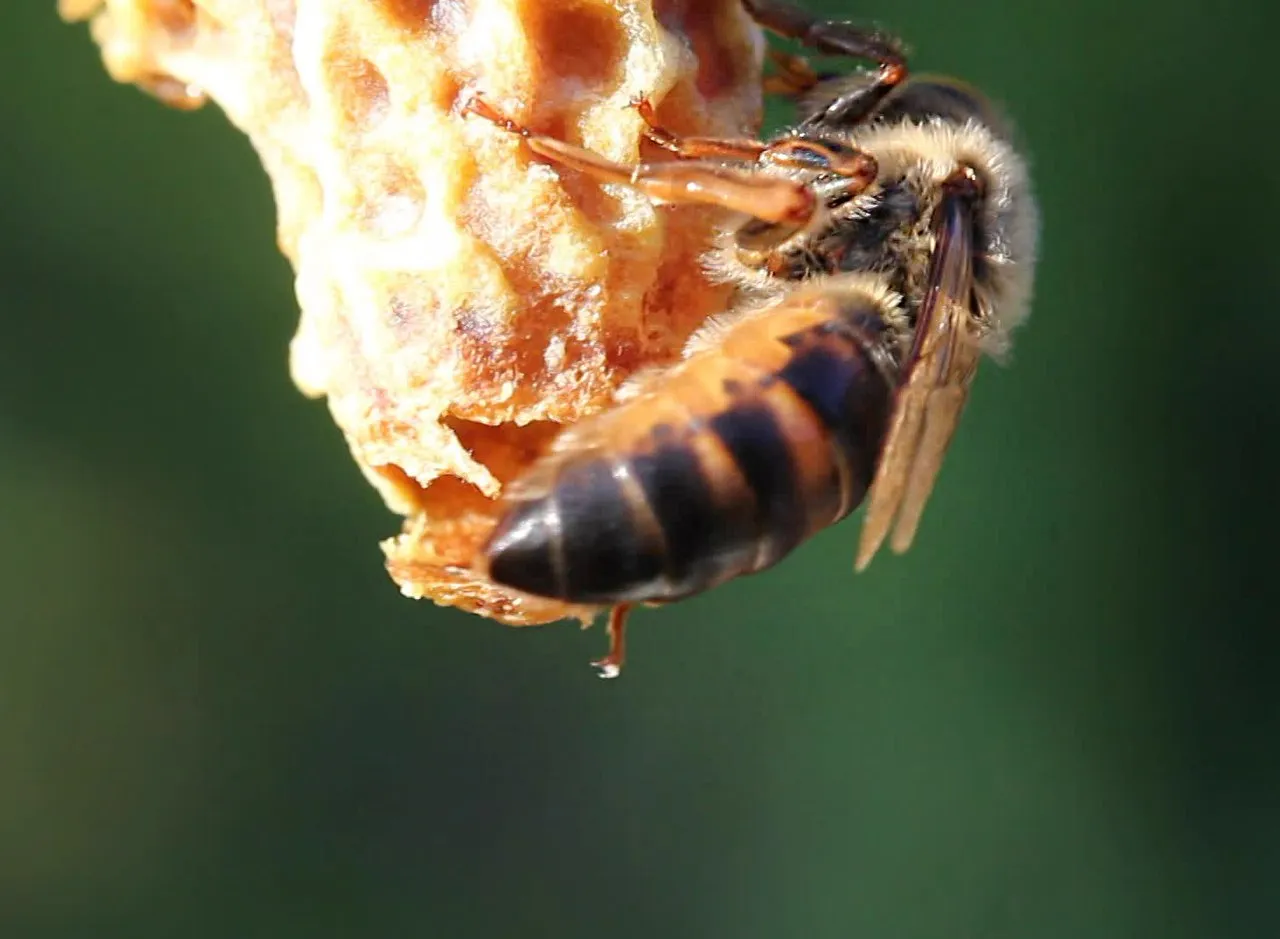
Yes, bees are predominantly considered omnivores due to their consumption of both plant-based and microbial biomass. This dietary flexibility allows them to obtain essential nutrients from various sources, including nectar, pollen, and microbial matter. However, the degree of omnivory may vary among bee species, with some exhibiting more herbivorous tendencies while others may consume a wider range of food items, including insects.
Reasons Why Most Bees are Omnivores
-
Dietary Flexibility: Bees have evolved to consume a diverse range of food sources, including nectar, pollen, and microbial biomass, which allows them to adapt to different environmental conditions and nutritional needs.
-
Nutritional Requirements: While nectar and pollen provide essential carbohydrates and proteins, respectively, bees also require other nutrients such as vitamins and minerals, which they can obtain from microbial biomass and occasional consumption of insects.
-
Foraging Efficiency: Being omnivorous enables bees to exploit a wider range of resources in their environment, potentially increasing their foraging efficiency and resilience to fluctuations in food availability.
-
Ecological Role: By consuming both plant-based and microbial matter, bees play a vital role in nutrient cycling and ecosystem functioning, contributing to the maintenance of biodiversity and ecological balance.
Are Honey Bees Herbivores?
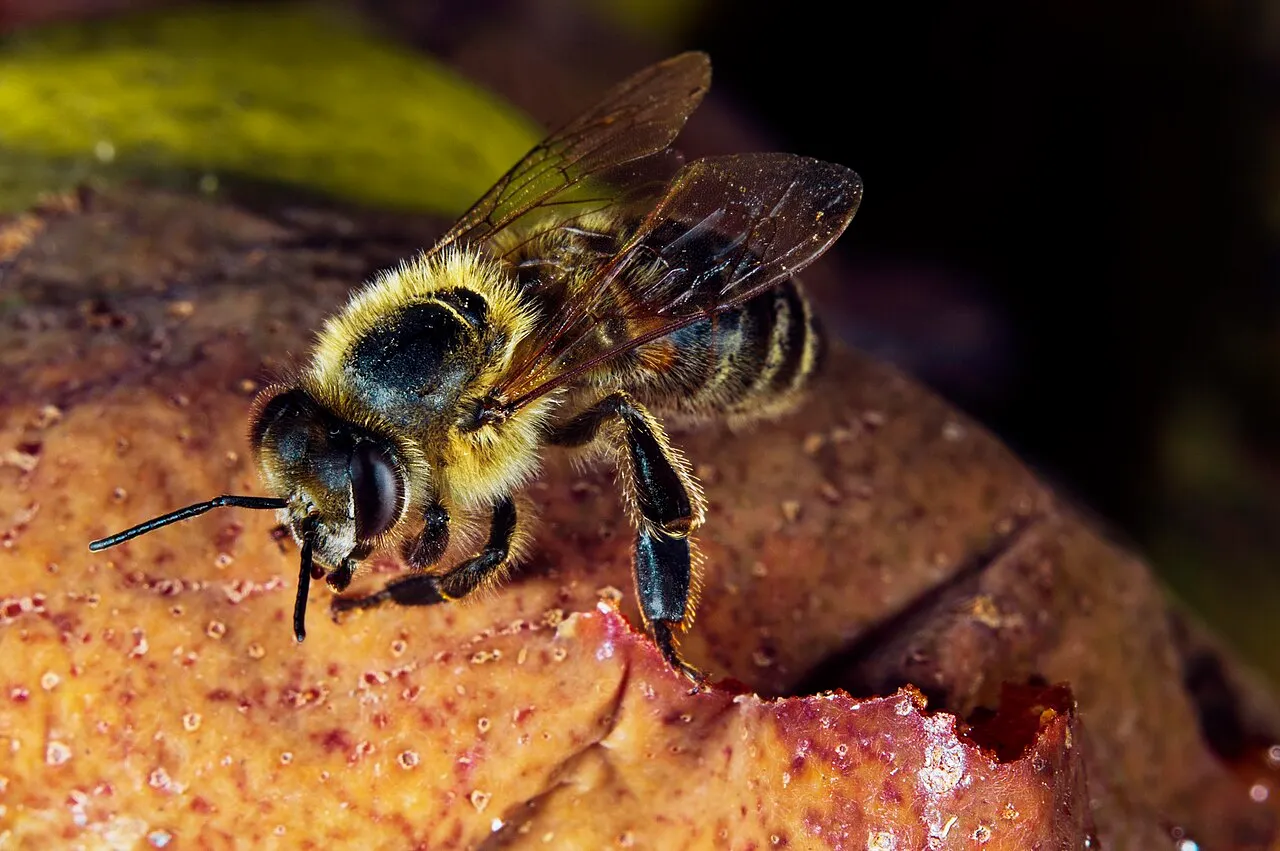
Honey bees primarily feed on nectar and pollen obtained from flowers, making them predominantly herbivorous. However, they also consume microbial biomass, exhibiting some omnivorous tendencies.
Are Bees Herbivores Or Omnivores?
Bees are best described as omnivores due to their consumption of both plant-based and microbial biomass. While their primary diet consists of nectar and pollen obtained from flowers, they also consume microbial matter, showcasing their dietary flexibility and adaptation to varied food sources.
Are Bees Carnivores, Herbivores, or Omnivores?
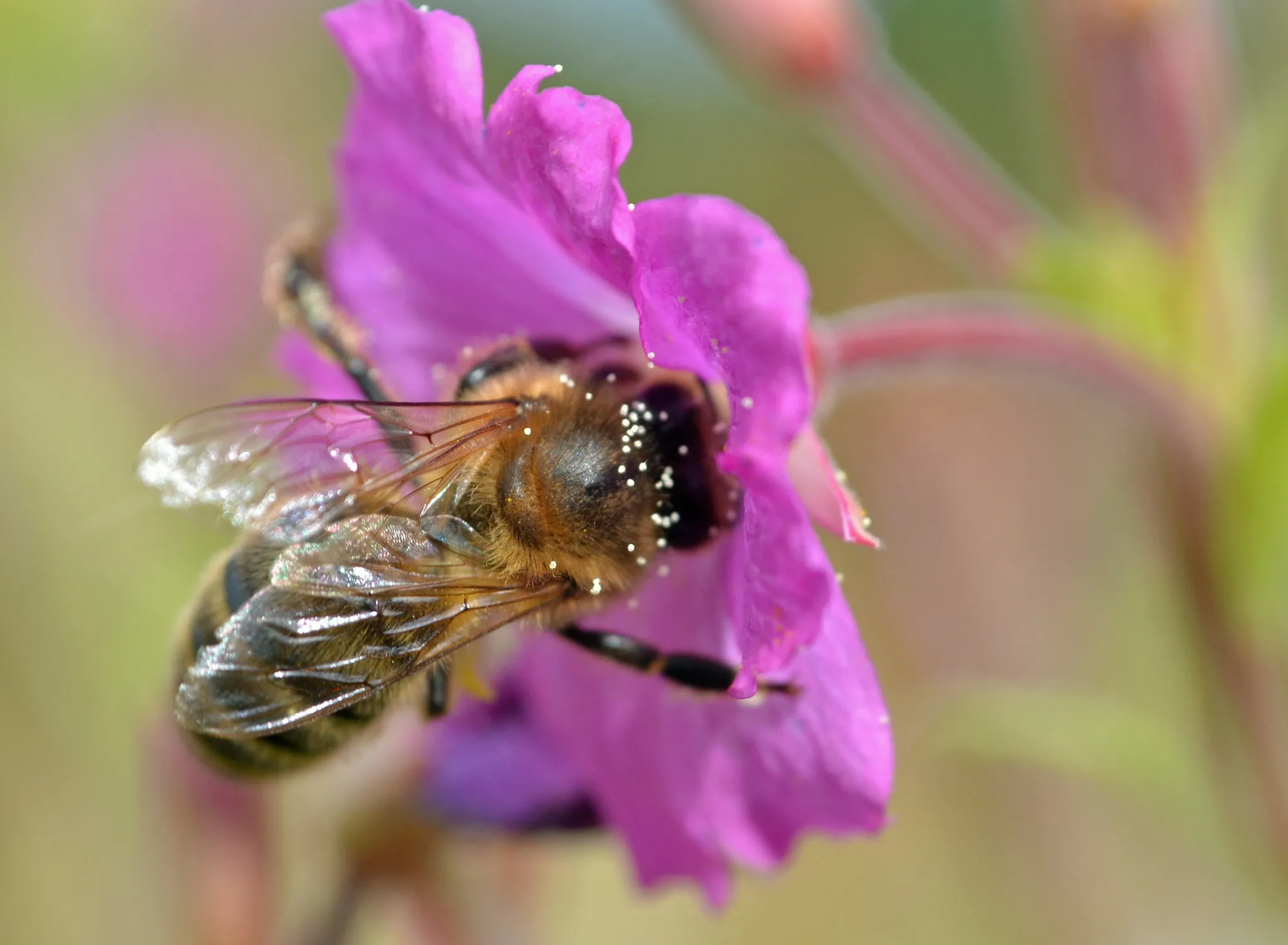
Bees are primarily classified as herbivores due to their primary diet of nectar and pollen obtained from flowers. However, they also consume microbial biomass, which indicates omnivorous tendencies. Overall, bees exhibit a combination of herbivorous and omnivorous feeding behaviors, depending on the species and environmental factors.
Is a Honey Bee a Herbivore, Carnivore, or Omnivore?
A honey bee is primarily classified as a herbivore due to its main diet consisting of nectar and pollen obtained from flowers. However, honey bees also consume microbial biomass, displaying some omnivorous tendencies. Therefore, while they predominantly exhibit herbivorous behavior, they can be considered omnivores due to their varied diet.
Can Bees Eat Meat?
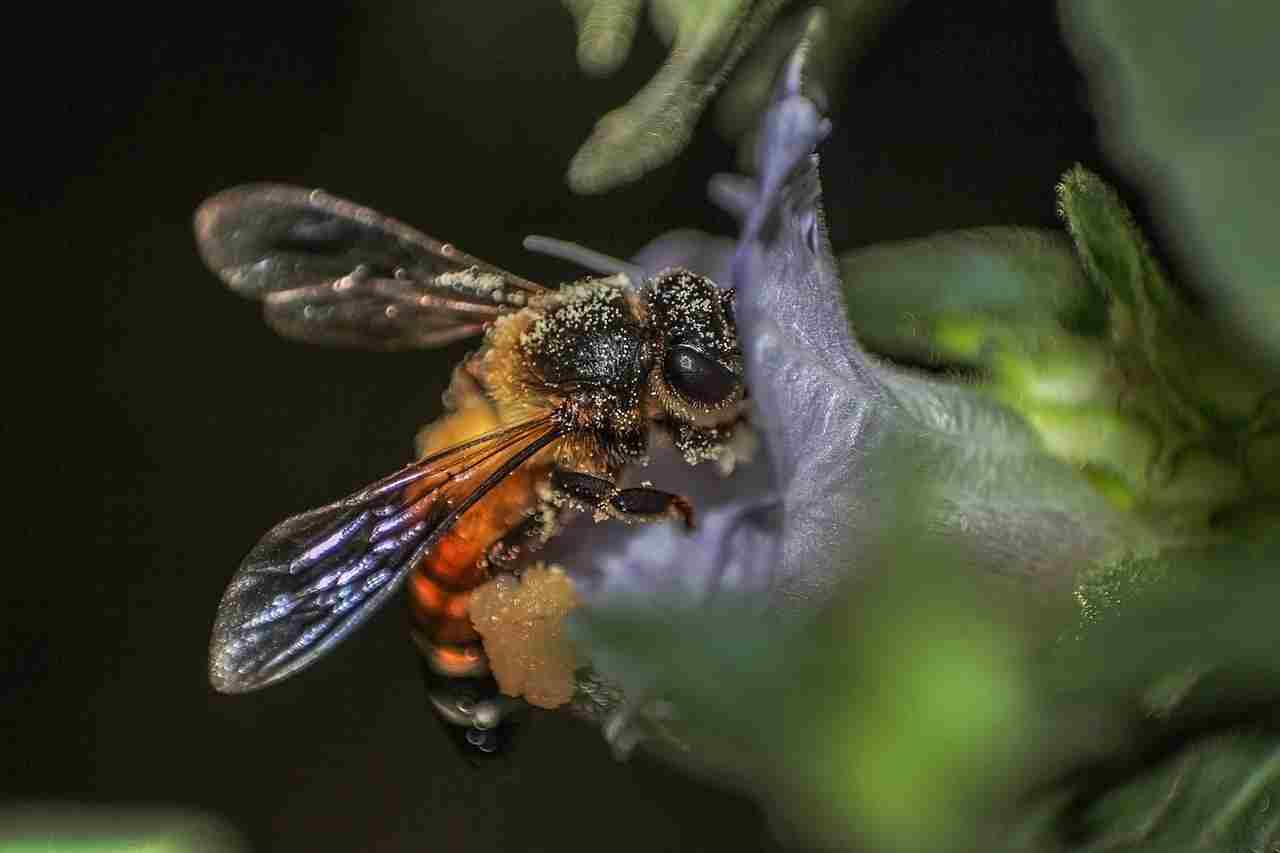
While bees are not classified as carnivores, there have been observations of certain bee species, such as the Carpenter Bee (Xylocopa spp.), supplementing their diet with animal matter, including other insects. However, this behavior is relatively rare compared to their primary diet of nectar, pollen, and microbial biomass obtained from flowers.
Do Bees Eat Insects?
While the primary diet of bees consists of nectar, pollen, and microbial biomass obtained from flowers, there have been rare observations of certain bee species consuming insects. However, this behavior is not typical for most bee species and is relatively uncommon compared to their herbivorous or omnivorous feeding habits.
What Does A Bee Eat?
A bee’s diet primarily consists of nectar and pollen obtained from flowers. Nectar serves as a source of carbohydrates, while pollen provides proteins, vitamins, and minerals. Additionally, bees also consume microbial biomass, which further supplements their nutritional needs. Overall, the combination of nectar, pollen, and microbial biomass forms the main components of a bee’s diet.
Food Chain Position and Role of Bees
Bees occupy a crucial position in the food chain as primary consumers, primarily feeding on nectar, pollen, and microbial biomass obtained from flowers. As pollinators, bees play a vital role in the reproductive success of flowering plants by transferring pollen between flowers, facilitating fertilization and seed production. This interaction not only sustains plant populations but also supports numerous other organisms that rely on flowering plants for food and habitat. Therefore, bees serve as essential contributors to ecosystem functioning and biodiversity maintenance.
*Summary
| Aspect | Details |
| Diet |
– Primary consumption of nectar, pollen, and microbial biomass
|
| Role in Food Chain |
– Classified as primary consumers
|
| Pollination Role |
– Essential for plant reproduction by transferring pollen between flowers
|
| Ecosystem Contribution |
– Supports ecosystem functioning and biodiversity maintenance
|
FAQs About Bees
- What do bees eat?
- Bees primarily feed on nectar, pollen, and microbial biomass obtained from flowers.
- Are bees herbivores or omnivores?
- Bees are best described as omnivores due to their consumption of both plant-based and microbial biomass.
- Do bees eat insects?
- While the primary diet of bees consists of nectar, pollen, and microbial biomass, there have been rare observations of certain bee species consuming insects.
- What role do bees play in the ecosystem?
- Bees play a crucial role in the ecosystem as pollinators, facilitating plant reproduction and supporting biodiversity maintenance.
- Why are bees important?
- Bees are important for ecosystem functioning, agricultural productivity, and the diversity of flowering plants.
- How do bees contribute to the food chain?
- Bees occupy a position as primary consumers in the food chain, serving as pollinators and transferring energy from plants to higher trophic levels.
- Do bees eat meat?
- While bees are not classified as carnivores, certain species may supplement their diet with animal matter, although this behavior is relatively rare.
- Are all bees herbivores?
- While most bees primarily consume plant-based food, some species may exhibit omnivorous tendencies by consuming microbial biomass or occasional insects.
- What is the diet of a honey bee?
- The diet of a honey bee primarily consists of nectar, pollen, and microbial biomass obtained from flowers.
-
How do bees obtain their food?
- Bees obtain food primarily by foraging for nectar and pollen from flowers, using their specialized mouthparts and body structures.
